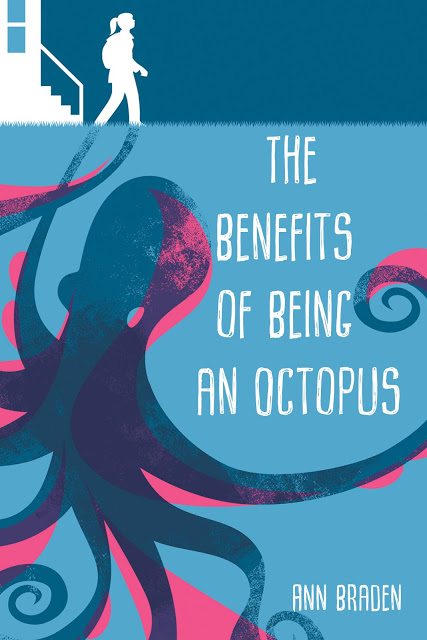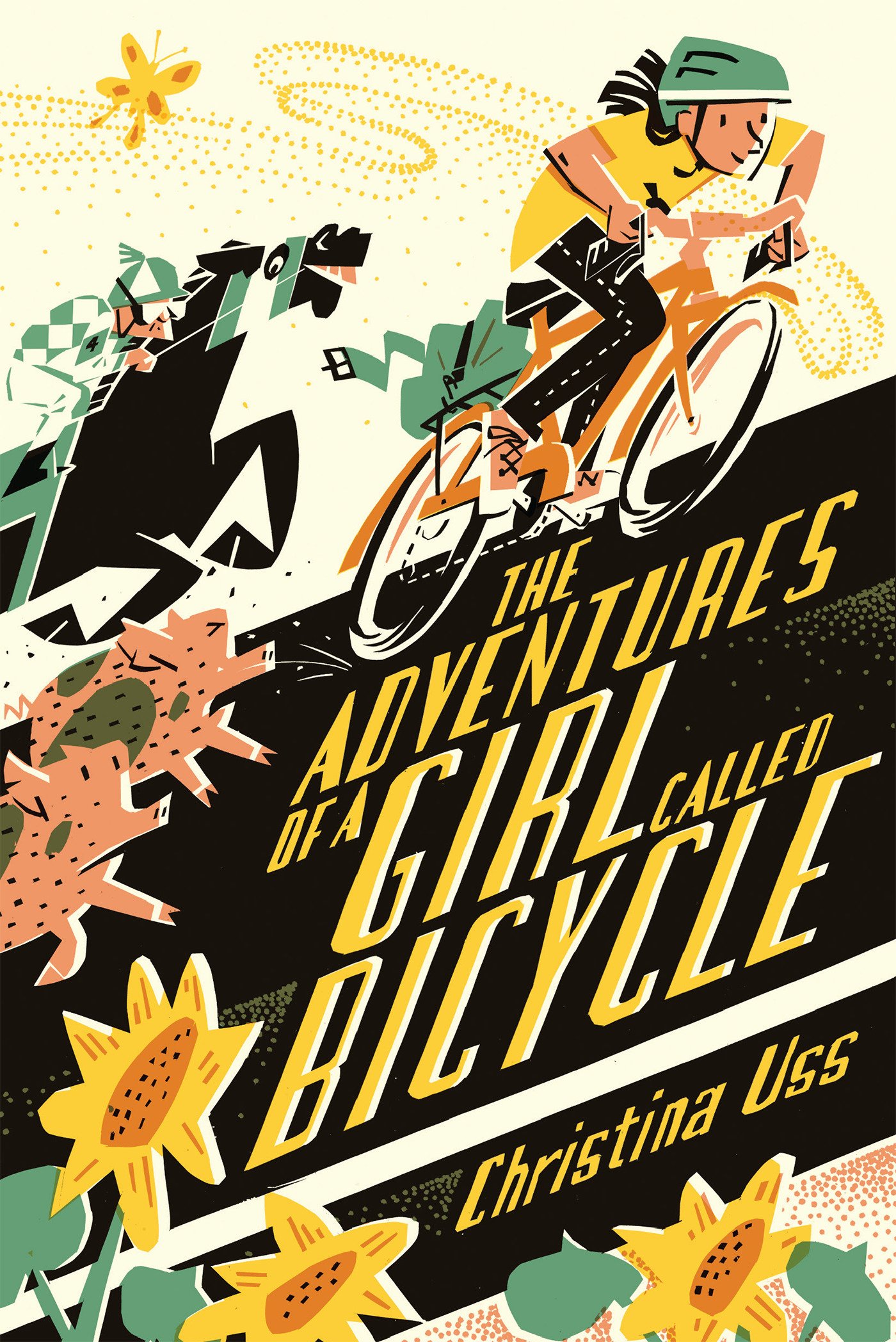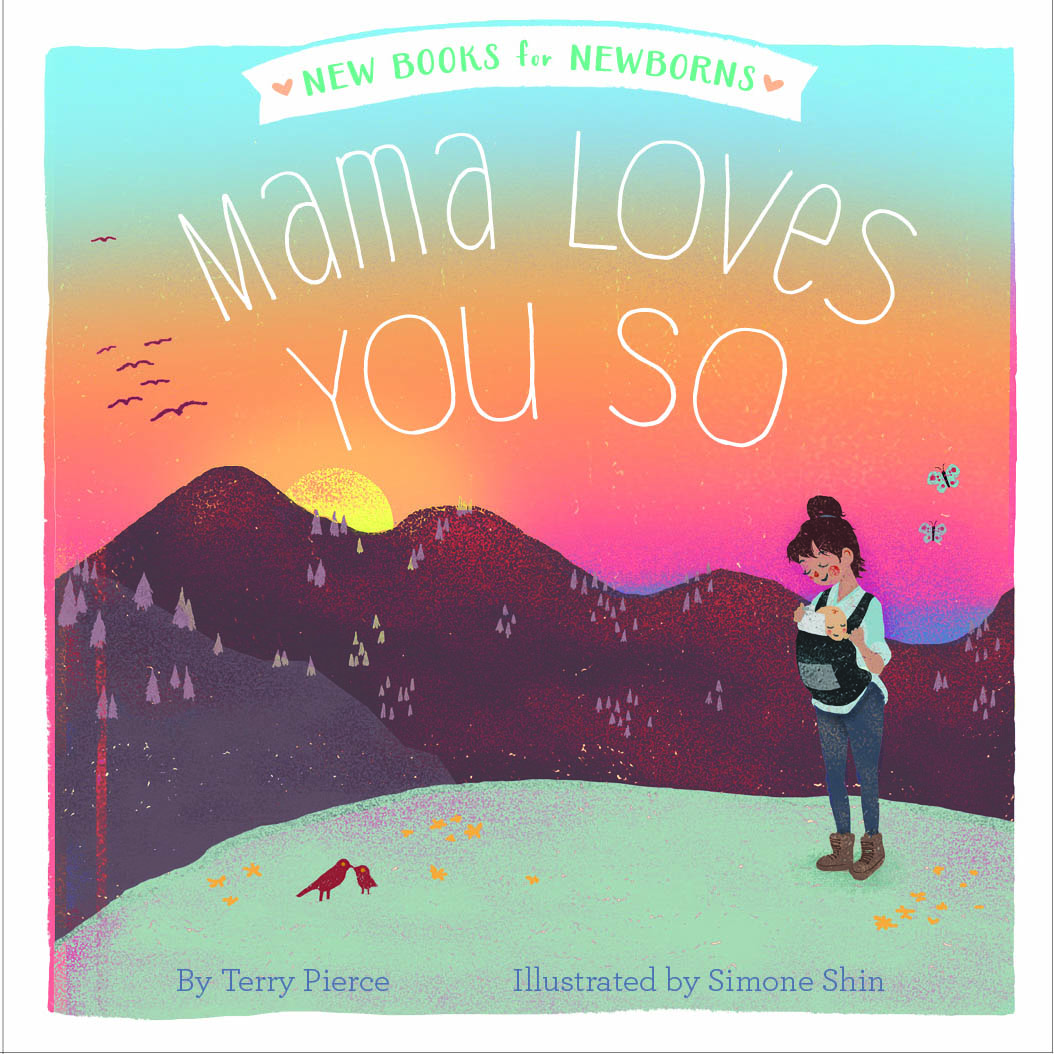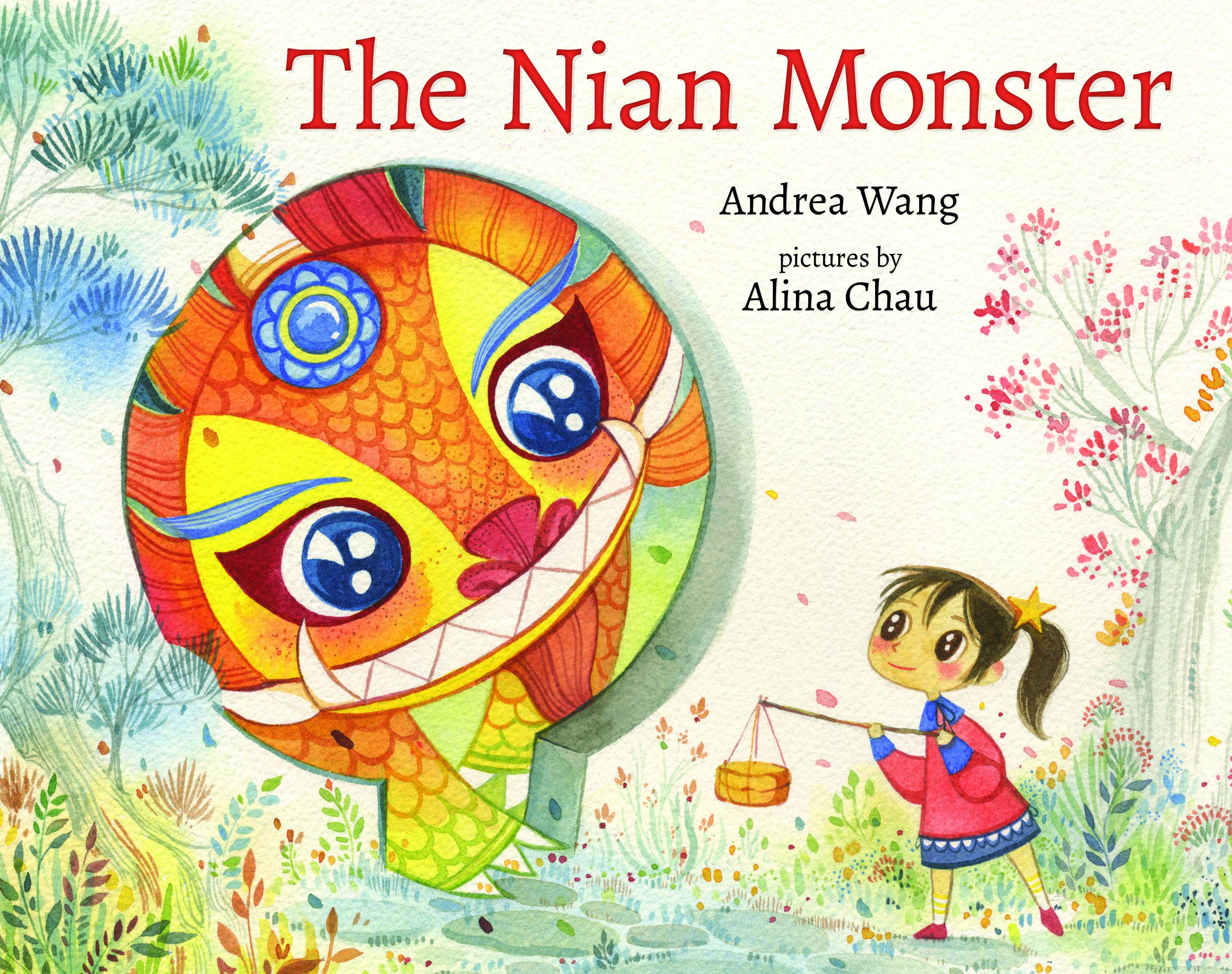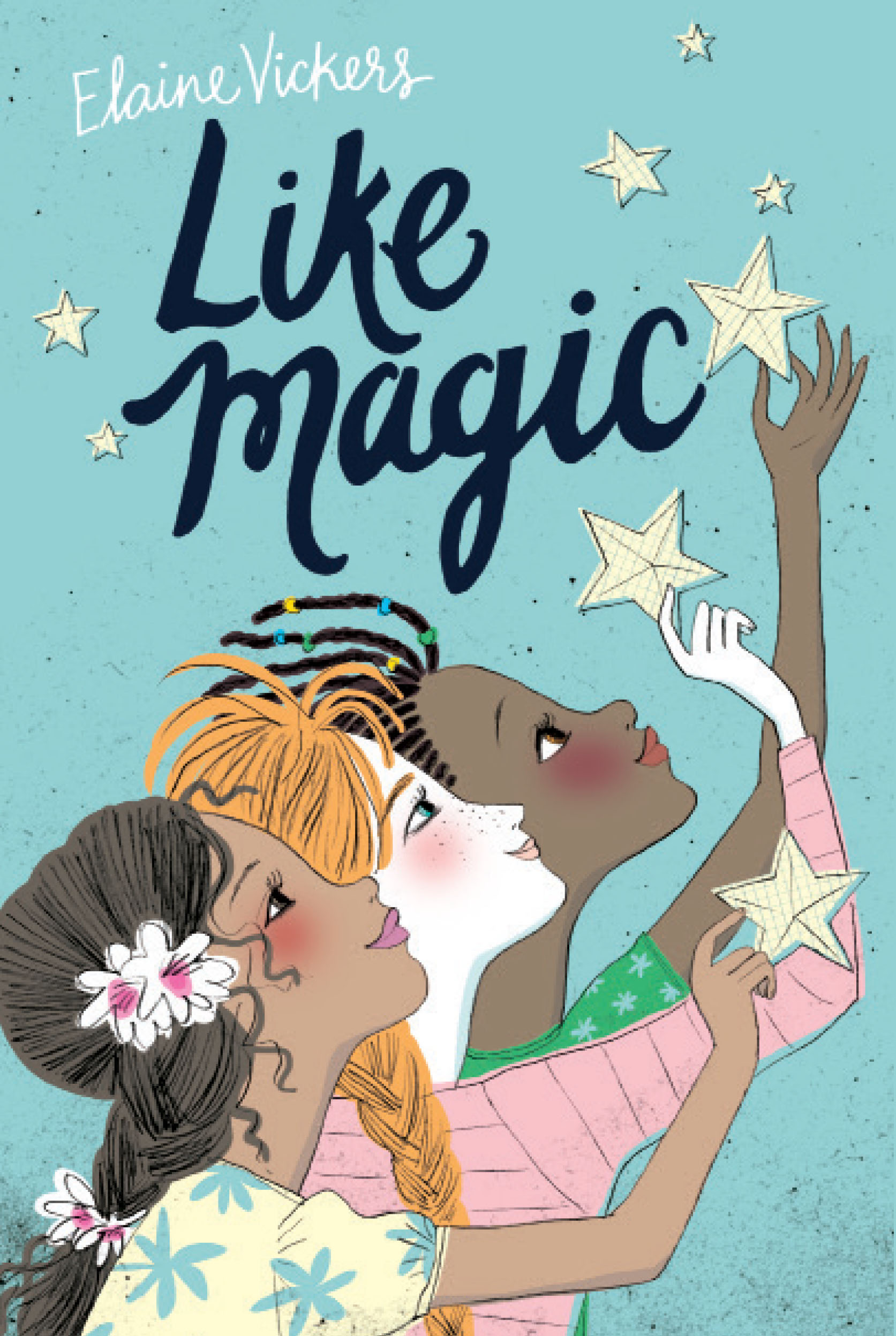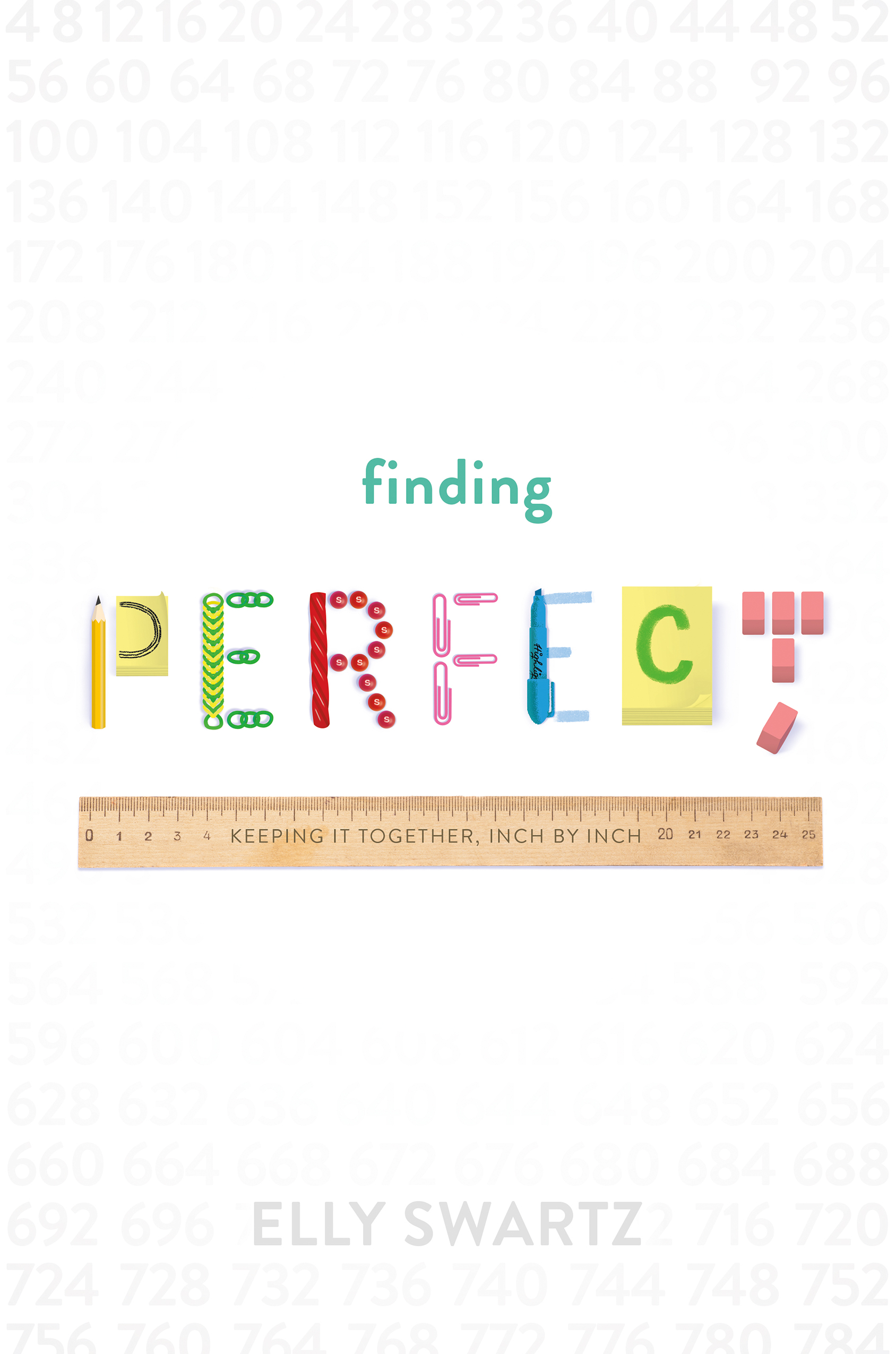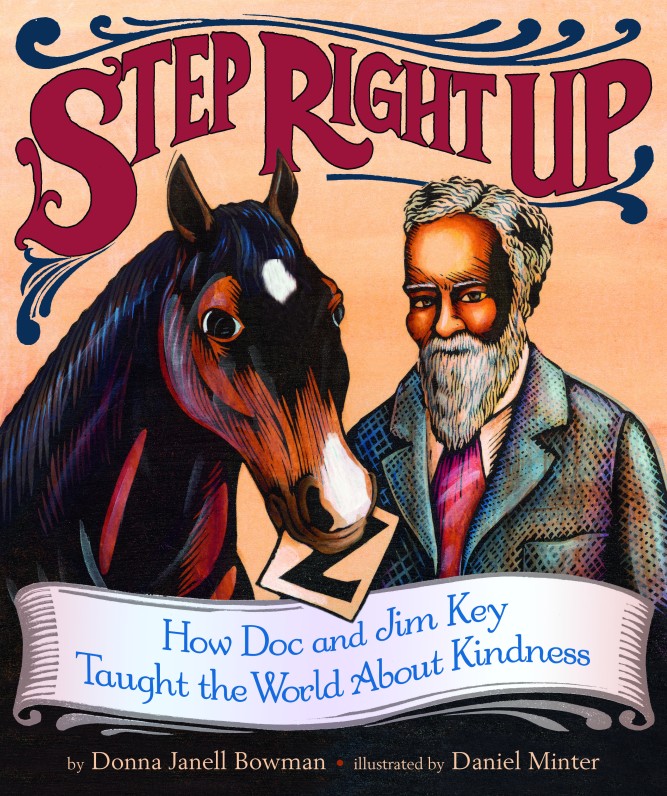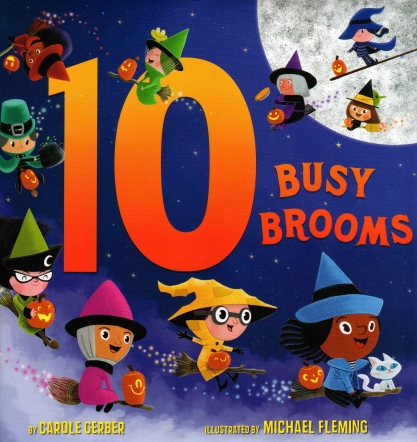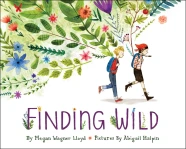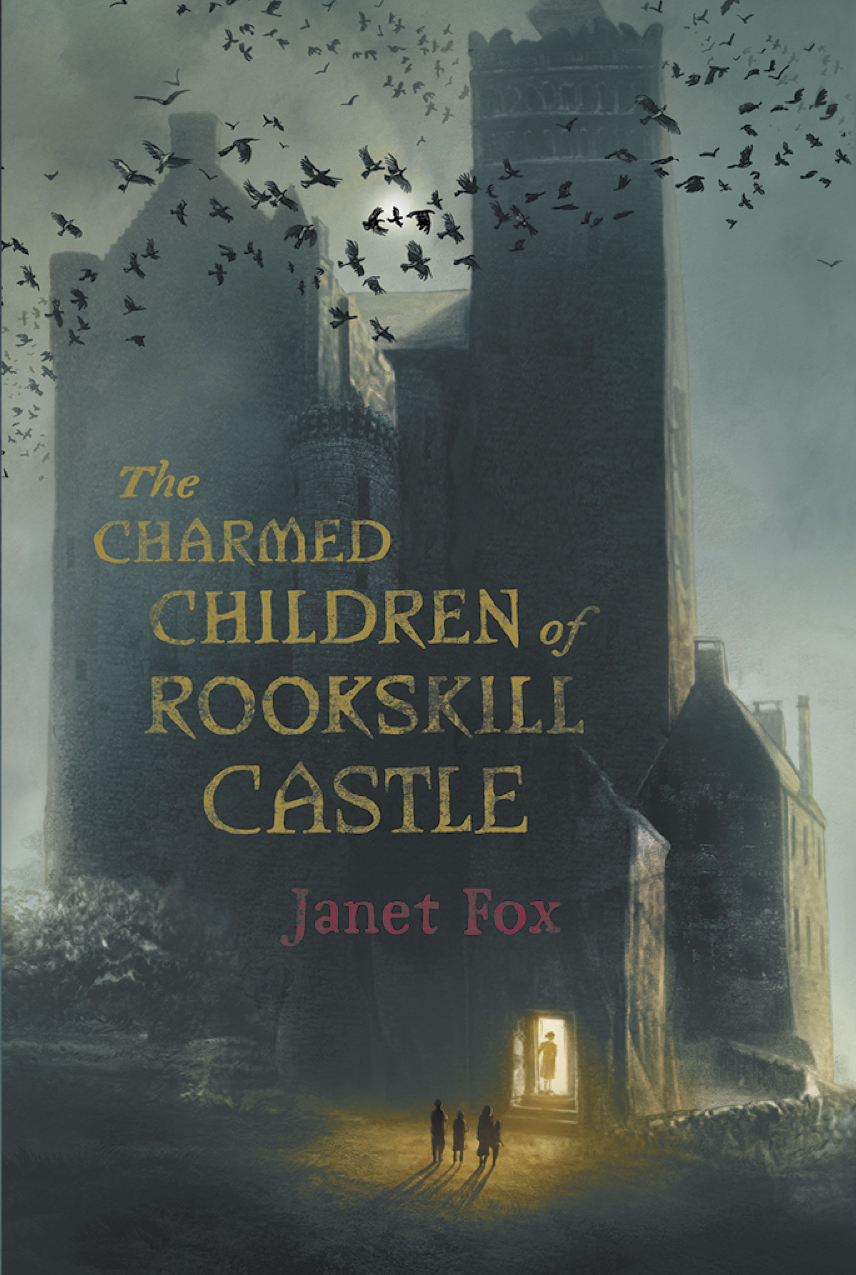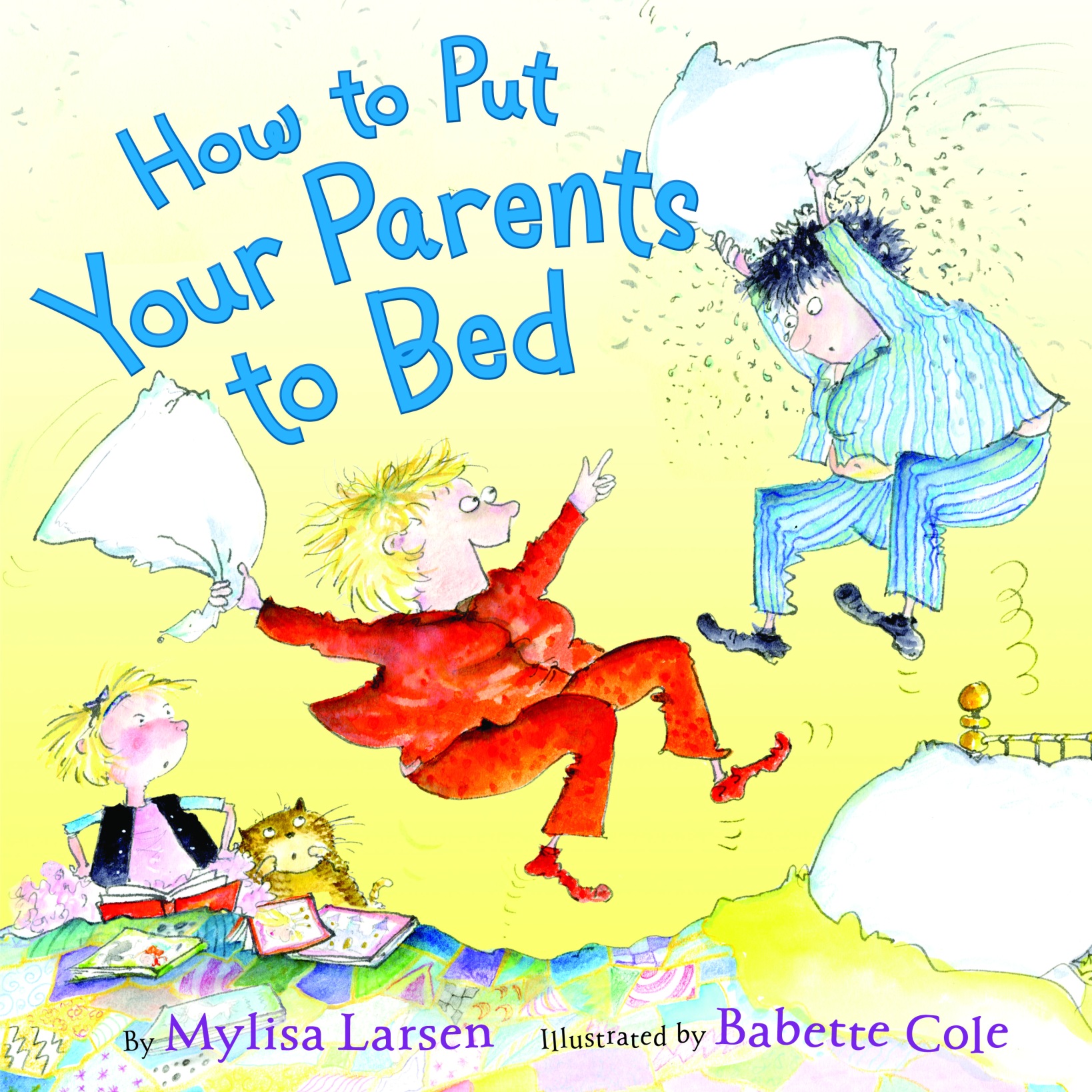Note: Keen readers of our blog will have noticed that Wednesday posts are often written as a response to the previous (Monday) post. I wish to make it perfectly clear that this time that is not the case. The reader is advised that the following article is in no way connected to Kevan Atteberry or to his charming introductory post and any effort to corellate the two should be regarded as an exercise in futility. Thank you. ~~CB 😛
OK, so this writer (whom I just made up) writes a story that is, he is convinced, quite good. Breakout novel, in fact. Bestseller, that sort of thing.
At some point, he joins a critique group. He sizes up the other writers when he arrives. Hacks, he thinks, every last one of them. They’ll probably be gobsmacked when they hear my piece read aloud. They’ll probably applaud.
His turn comes. He reads. When he finishes, silence. Frowns.
Where’s my applause? Where are the gasps of amazement, the eager handshakes and pats on the back? What the heck is wrong with these people?
Then the questions come from the group. What is the reason for the loquat argument on page 3 …? Why does the main character shave her …? How will the disconsolate yeti help her to win the …?
The new writer gets defensive. After every remark, he impatiently explains why he wrote it the way he did. He’s like a goalie on a one-man team, blocking each shot. And inside, he’s thinking, These people are morons. Dilettantes! They don’t grasp my artistic vision!
Chances are, if you’ve been writing for a while, you’ve run across someone like this. I have, more than once. It’s the reason so many groups adopt the Author Is Silent Rule. These writers come to critique group ostensibly asking for feedback, but they never agree with any comments anyone makes and they never even seem willing to try the suggestions given. Well, almost never. They waste your time asking for feedback they will not even consider. And often, they rip your piece to shreds when it’s your turn.
So, what is with these types?
Most of them are relatively normal, just suffering from a little beginner’s arrogance. Be patient. They’ll come around after they go home and think over what’s been said. If not then, well, a few rejections should squeeze that arrogance out of them. (Or they’ll self-publish and forever sneer at you and the world of “traditional” publishing, but that’s another topic.)
But some of these writers, an unfortunate few out there, are under the influence of the Dunning-Kruger effect, and these poor people will probably have a much harder time ever producing a publishable manuscript.
The Dunning-Kruger effect describes a cognitive bias in which people perform poorly on a task, but lack the meta-cognitive capacity to properly evaluate their performance. As a result, such people remain unaware of their incompetence and accordingly fail to take any self-improvement measures that might rid them of their incompetence. — Psychology Today (link below)
Funny thing, this Dunning-Kruger concept, how well it seems to fit so many incompetent people working in so many different occupations. It’s the computer programmer who believes that her code is superior to others’ but everyone else can see that her code is convoluted and full of bugs. It’s the restaurant chef who cooks up unpalatable dishes and blames the patron who rejects them, saying they just must not know how to eat. And it’s the writer who refuses to really stop and think about why the readers of her draft have questions about it. She simply cannot believe that others don’t recognize her genius. And others, quite likely, view her as an untalented writer.
How do I know I don’t have this? Well, that’s just it, isn’t it? I don’t know. If you have it, you’re unable to recognize it. But I figure I’m safe because, believe me, I question my ability often. I spend a lot of time feeling pretty sure I don’t really know what I’m doing and hoping no one finds out (the impostor syndrome).
How do you know if you’re Dunning-Kruger free? You’re D-K free if you’re always trying to improve, and you not only listen to advice from other writers, agents, and editors but you really consider what they’re saying. If you’re willing to try out their suggestions even when you’re pretty confident that it’s really not going to make your story any better, just because you know you’ll learn something by trying it, you’re probably Dunning-Kruger free.
Bottom line: Because we recognize our weaknesses and faults, we’re probably way more competent than that writer with the attitude at crit group who defends his manuscript on every point.
It’s comforting, isn’t it, to know that our insecurities about our writing ability may mean that we’re actually pretty good–or that we’re on our way there?






 Ah, the green-eyed monster.
Ah, the green-eyed monster.





